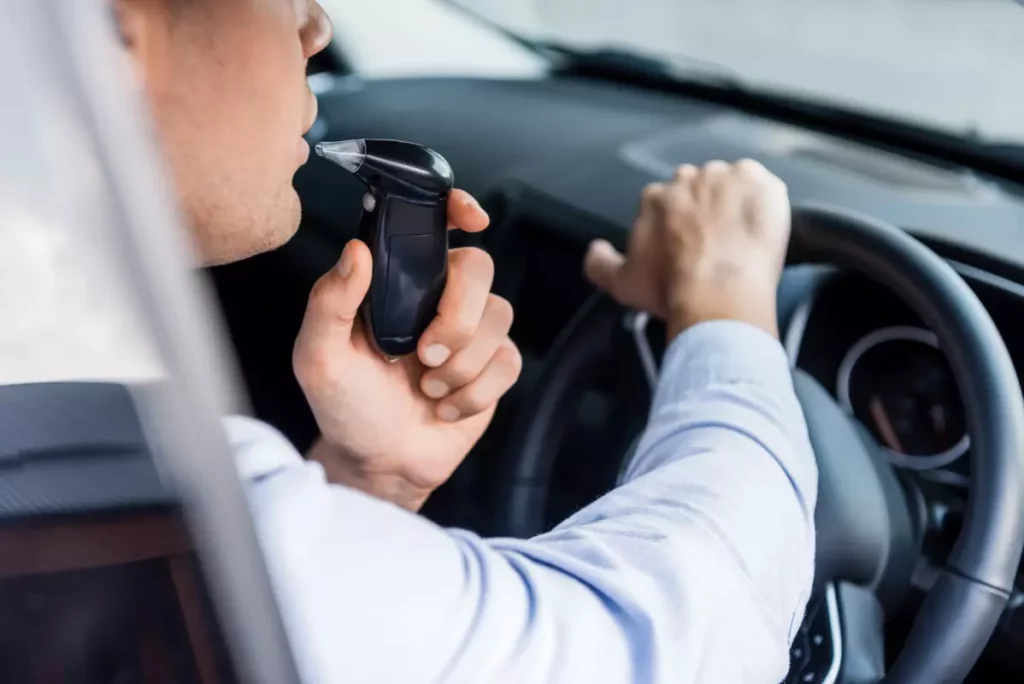Searching for help with drug and/or alcohol addiction? Call us now at (888) 201-4610.
Why does Arizona make DUI offenders have Interlock System?
An interlock system is designed to prevent repeat offenders from returning to public roads by requiring them to pass a breathalyzer test before starting their car. Installing one of these devices may seem inconvenient, but it’s important to remember that it helps keep everyone safe on the roads.
Individuals convicted of DUIs in Arizona who must have an interlock device installed must also participate in an education or treatment program and pay fines and court costs. The state may also require that the driver cover all installation and monthly service fees associated with using the interlock system.
How do you begin the process of getting an interlock device?
Several steps must be taken and followed closely for individuals convicted of DUIs who are required to use an interlock system in Arizona.
First, individuals must find an authorized service provider approved by the state’s Motor Vehicles Department (MVD).
This service provider will install wires connecting a breathalyzer unit directly into your vehicle’s ignition or fuel injection systems; installation fees typically range between $100-$200 depending on location and how long installation takes.
In addition, monthly fees are associated with servicing these devices, ranging from $60 to $90 per month, depending on location.
Driving With Your Interlock
Once an interlock system is installed in your vehicle, understanding how these systems work is key to completing any required tests.
Drivers must blow into a mouthpiece attached to the device each time they attempt to start their car; if alcohol is detected on the breath sample, then the engine will not start until after a certain amount of time has passed (typically between 5-15 minutes).
In addition, Arizona requires individuals to submit regular “rolling retests,” which involve taking another breath test while driving at set times determined by law enforcement agencies, such as every 15 minutes during peak hours or every 30 minutes during off-peak hours.
Interlocks can be frustrating but remember this.
Getting an interlock system after a DUI conviction in Arizona can be costly financially and emotionally. However, it’s important to remember that this device helps keep everyone safe on public roads by reducing impaired driving incidents due to alcohol consumption. Following all rules related to your interlock device and avoiding any future DUIs are essential for staying safe, protecting others on the roads from potential harm caused by drunk drivers, and keeping yourself out of further trouble with law enforcement.
Sources
[1] Arizona MVD: Interlock Device Information
[2] Arizona MVD: Approved Interlock Device Companies
Published: 12/15/2022







